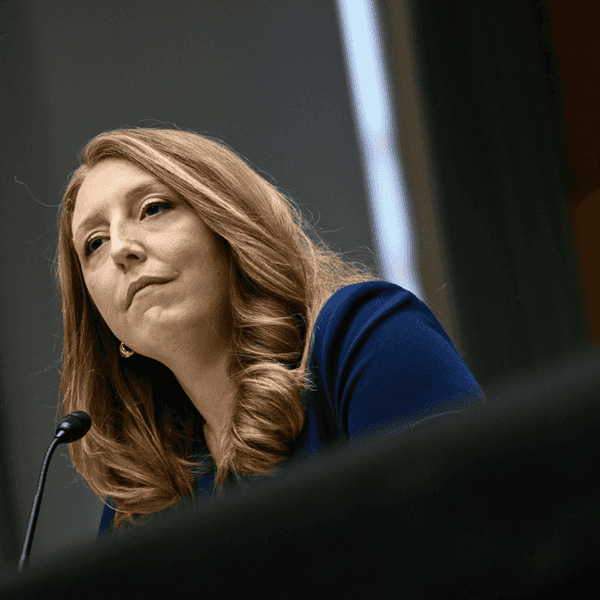Paris (AFP) – The U.S. budget crisis began as a side issue for financial markets, but is now centre stage and could get worse before a last-minute solution averts deep damage to global recovery, analysts say.
The deadlock and shutdown of many federal services, described by U.S. President Barack Obama as a reckless “farce,” ran for a fourth working day on Friday.
And by the end of the week there was increasingly evident concern about the possible damage to the U.S. economy and repercussions across the world.
Operators and experts on financial markets so far do not lend much credence to warnings of the worst possible outcome, in the form of bankruptcy for the U.S. federal state.
But the failure of a series of marathon talks between Democrats and Republicans in Washington are raising the stakes in financial circles which are increasingly worried that the crisis could drag on.
On Monday and Tuesday, markets in New York and Tokyo took a sanguine view of the emerging close-down of federal activities.
They took the attitude that a solution would soon emerge, and stock markets in Europe were encouraged by the collapse of an attempt in Italy to bring down the government.
But by Wednesday, the U.S. budget problem was becoming a headache and most world markets fell in response.
Then on Thursday, the U.S. Treasury struck an alarm bell, to push the U.S. Congress towards raising the ceiling on the US debt, warning that refusal to do so could have a “catastrophic effect.”
The Treasury said that if the debt limit were not raised by the deadline of October 17, the country risked a debt default and being thrown into a worse recession than the one which struck after the financial crisis exploded in 2008.
At Barclays Bourse in Paris, investment manager Renaud Murail said: “The closer we get to the critical deadline of October 17, the more the tension will rise.”
In taking investment and trading positions, people on financial markets had to navigate through “verbal exchanges which will become increasingly sharp,” he said, adding that Obama “has every interest in seeing Wall Street fall to add to the pressure on the Republicans.”
But Murail also said that “there is a consensus view that beyond this dangerous political game” and despite “a feeling that the Republicans are being overtaken by events because of their most extreme members,” there would be an agreement in the end.
“It seems too much to think that after all these injections of cash for months by the Federal Reserve (US central bank) that there will be such a clash that growth of the U.S. and world economy could be endangered,” he said.
Singapore-based Phillip Futures also warned that the effects of the crisis could become more acute, saying in a note: “We expect market tension particularly in the form of weakening dollar and declining equities to continue and intensify respectively.”
At IG Markets in Melbourne, analyst Chris Weston said: “Is sanity starting to prevail in the U.S.? Not yet, but there are signs that Washington will avert a worst-case scenario.”
But he also said: “It is also becoming apparent that US banks are starting to load up ATMs (cash dispensers) with cash in preparation for a worst-case scenario.”
At Berenberg Bank in London, senior economist Christian Schulz said: “We expect Democrats and Republicans to strike a last-minute deal… If they do, and if the deal does not contain excessive fiscal cuts, confidence should bounce back quickly.”
Credit Agricole CIB bank economist Frederik Ducrozet took a similar line regarding attitudes on the sovereign debt market. “The consensus is broadly in favour of a solution,” he said.
Few investors were worried “about the long-term solvency of the United States, even allowing for the crisis,” he said.
Trading on the sovereign debt market was relatively calm this week and on Friday the yield on 10-year debt issued by the United States, Germany and France was generally steady.
The only evident tension emerged on the shortest maturities of U.S. debt, and particularly for four-week instruments for which the effective yield rose from minus 0.02 percent to plus 0.11 percent during trading on Friday.
One problem for analysts on Friday was that the monthly figures for employment in the United States in September, a key indicator, was not published because of the shutdown of administrations.
“The most damaging effect is the absence of the figures which could have consequences in terms of monetary policy,” Ducrozet said, commenting that the Federal Reserve might not have enough information to take decisions in time.








